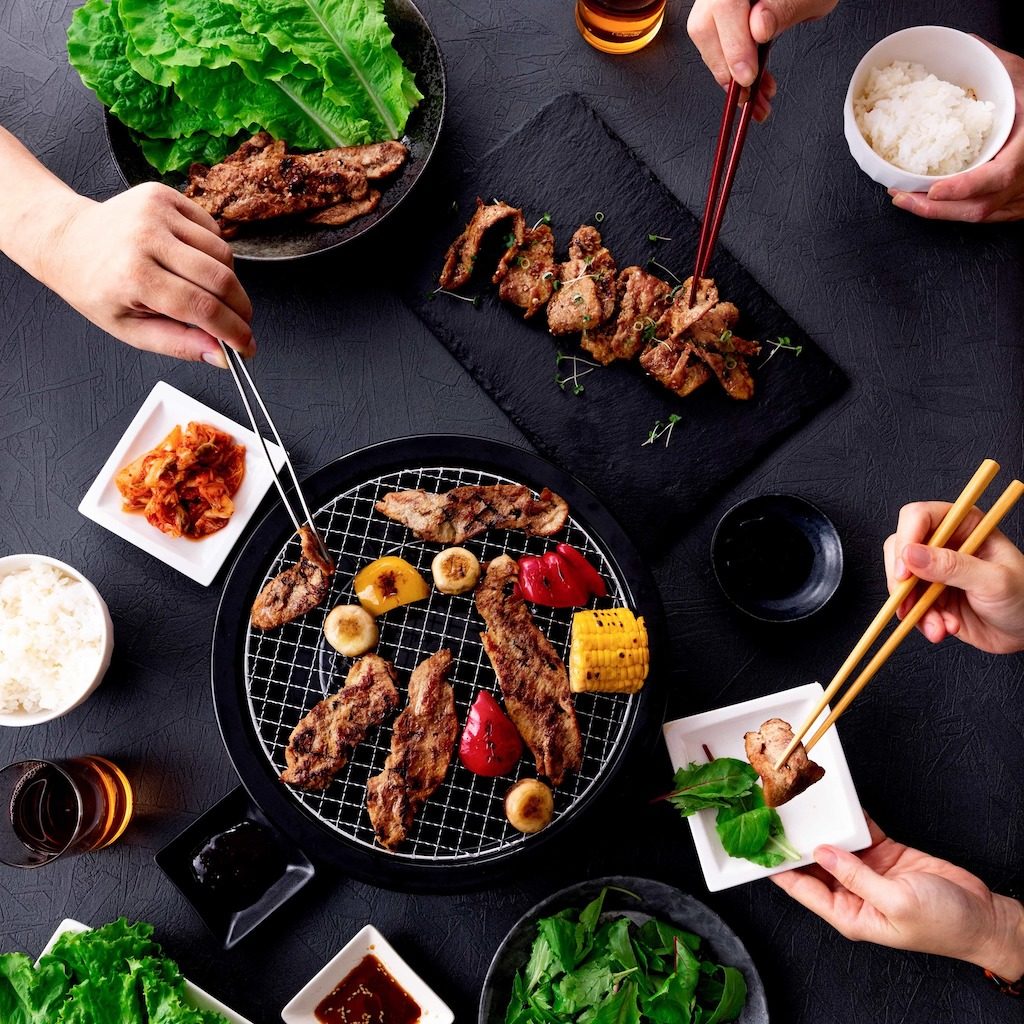3 Mins Read
Japan is establishing plant-based labelling rules to remove hurdles for the country’s vegan food industry. In a press conference, government minister Taro Kono described the lack of guidelines as a “shackle” for the industry’s development, and also alluded to possible clarifications about novel cell-based proteins further down the line.
Japan is moving ahead to establish the country’s first labelling rules for plant-based foods. At a recent conference, the country’s Liberal Democratic Party public affairs department director Taro Kono said regarding vegan foods: “the fact that we haven’t discussed food labelling has been a shackle for corporate business development.”
Plant-based food labelling
Kono also mentioned that the plant-based industry is expected to grow significantly and that Japan should not miss out on the opportunity. He added that plant-based products “won’t be a problem if the expression [used on the packaging] is not misleading.”

Clarifying the government’s rules, Kono shared that vegan food products should be clear in communicating to consumers that the item does not contain any animal-based ingredients. Statements such as “contains soy meat”, “not meat” and “oat milk” would be acceptable terms.
In addition, if a product bears the term “100% plant-based”, producers should add further information about “whether it is derived from plants including food additives”. Disclaimers should be added to products whenever it is not explicitly clear in the name of the item that it is vegan. For example, “New Meat” should come with a statement that says “made from soy” or “not meat”.
These rules would apply to plant-based meat alternatives, as well as vegan substitutes for dairy, egg, and seafood.
Other countries that have established plant-based labelling rules include India and China.

Related: Lack of federal plant-based standards in US could hamper vegan industry growth, experts say
Japanese vegan industry
Japan’s labelling clarifications come as the country’s plant-based food market picks up speed. Companies in the space include Next Meats, the food tech behind the ultra-realistic vegan yakiniku alternative, as well as the entrance of established players like Nippon’s meat-free brand NatuMeat and Muji’s vegan and vegetarian meat substitutes.
The F&B scene is also seeing the arrival of more vegan options, with the likes of Burger King Japan adding the Plant Based Whopper to its menu, as well as iconic chain Ippudo launching a vegan tonkotsu ramen, and is now reportedly considering turning one of its branches into a dedicated meat-free outlet.

Possible labelling guidelines for cell-based meat
In the final comments, Kono alluded to the possibility of more clarifications to come about cell-based meat alternatives. He said that food safety and hygiene were also key issues the government will have to consider before laying out its standards.
Last year, the country’s Agriculture, Forestry and Fisheries Ministry said that it is now in the process of deliberating rules and regulations for cellular agriculture products. Part of the plan involved a food tech study group with participation from universities and academics, as well as cultivated protein startups like Tokyo-based IntegriCulture.
Lead image courtesy of Next Meats.




